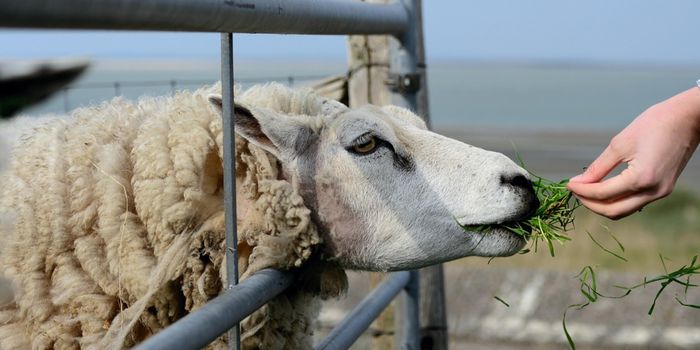Couple Clones Puppies From Deceased Family Friend Under Miraculous Circumstances
It can be hard when a family pet passes away – those cute animals that we cherish so dearly can’t stay with us forever, but science has given us a way to create clones of our beloved pets, which look just like our old furry friends.
Cloning isn’t cheap, costing nearly $140,000, but it’s definitely a way for some people to continue loving their pet even when their time has come. Typically, tissue samples must be taken from the deceased pet no longer than five days past the time of death in order for the process to work, and DNA from those tissue cells can be used for the cloning process.
For a British couple, Laura Jacques, 29, and Richard Remde 43, that lost their pet boxer dog named Dylan, the loss was hard enough that they were willing to try the cloning process two weeks after the death of their pet despite scientists warning that the process has never worked on tissue older than five days before.

Dylan couldn’t stay with them because of a brain tumor that had eventually taken its toll on the dog’s life, leading to Dylan’s death in June of this year.
Miraculously, and despite all odds and the warnings of the scientists who performed the cloning, even with the two-week-old tissue samples the couple was able to successfully produce an embryo – and not just one, but two of them.
The first, which is a male, will be named Chance, and the second one, which is still undetermined, is expected to be named Shadow.
"After they got him out I still couldn't quite believe it had happened,” Jacques said. “But once he started making noises I knew it was real. Even as a puppy of just a few minutes old I can't believe how much he looks like Dylan. All the colorings and patterns on his body are in exactly the same places as Dylan had them."
This is the first time that animal tissue taken so long after death has ever been successfully used in a cloning experiment, so it’s not only a fresh start for the family, but it’s actually a breakthrough in scientific research.
Cloning, which has long been considered inhumane and cruel because of the side effects that cloned animals often have, is continuing to become more popular as the availability of such services widens.
Source: CBS News








